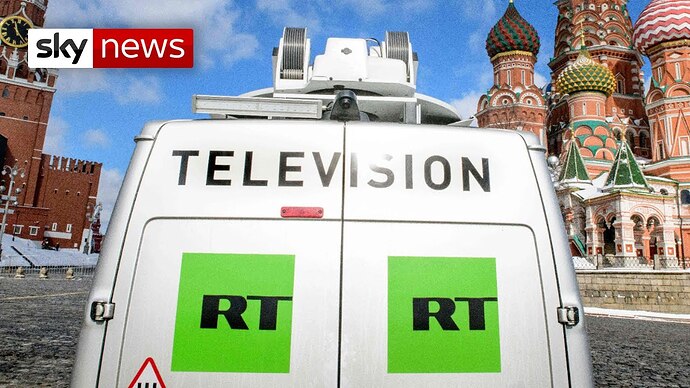Two associate professors studying foreign trolls online have penned an op-ed in the Washington Post arguing that Russian efforts to stir up antagonisms online “continues to be true with coronavirus disinformation.” In our research, we have found multiple networks of fake accounts — one of which we can attribute to Russia — that use conversations about coronavirus as a tool for political attacks. To right-leaning Americans, these trolls criticize the response from liberals, suggest the coronavirus is being used to take away their freedoms, and point the finger of blame at China. To left-wing Americans, they suggest the administration’s response is immoral and inadequate and point the finger of blame at Trump. On both sides, these are arguments that real Americans are also making, typically with honest intentions. The attacks play to the trolls’ goals, however, and so they repeat them, making the loudest and ugliest versions more mainstream. In doing so, they dangerously widen existing divisions in a time of crisis, making critical compromise more difficult. As before, these networks rely on hashtags from organic American conversations, such as #TrumpLiedPeopleDied and #ReopenAmerica. They aren’t creating the divisions, but they are working hard to make them wider…
Many commentators have discussed various ways in which the United States has acted to make the coronavirus crisis worse than it could or should be. The public’s own role in spreading global disinformation needs to be added to that list. We have to address our own culpability in the problems that are fomented by disinformation. At a time when most news and information people digest is socially mediated, we need to create citizens and platforms that are more resilient to lies and more accepting of facts.
Above all, however, we need to stop doing the trolls’ jobs for them.
The article also cites “websites peddling conspiracy theories” (including what it calls the “Chinese lab origin theory, among other fearmongering stories related to the virus.”)
“Among those accounts circulating the stories are pro-Russian and Russian state media-affiliated social media influencers.”

 !
!